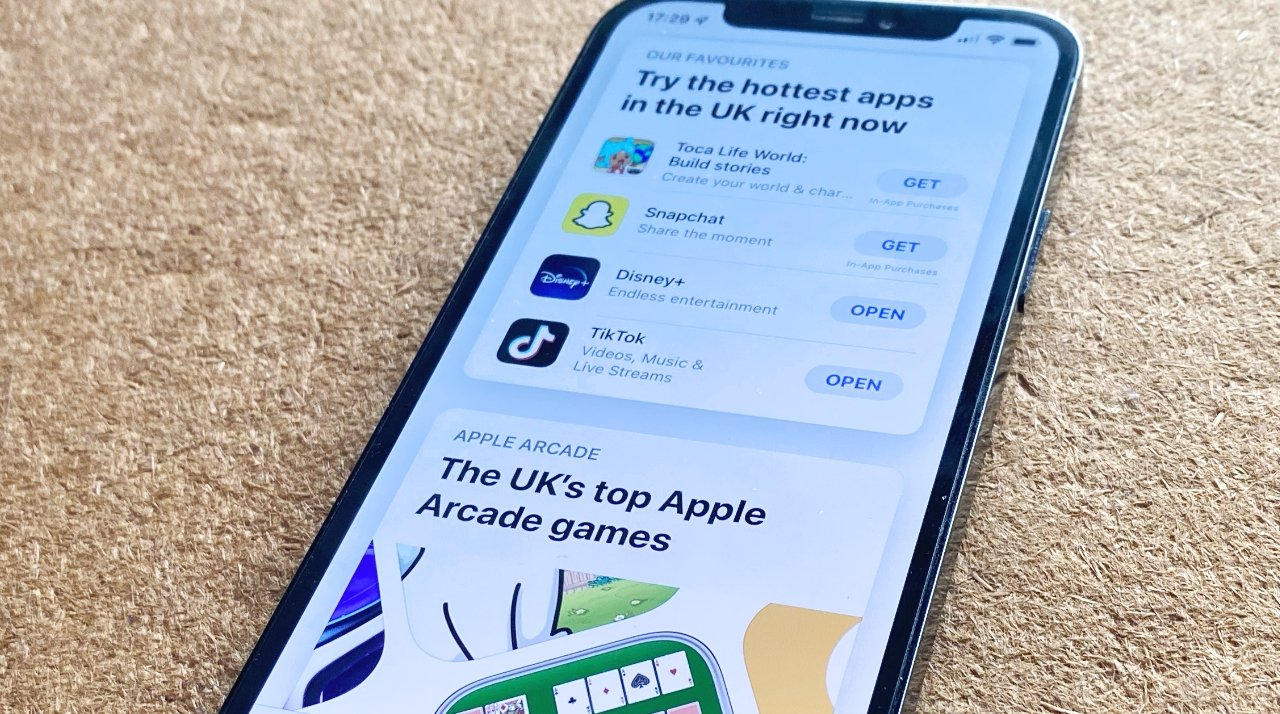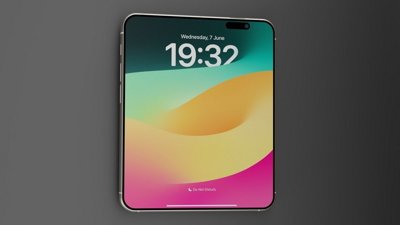Epic Games' extremely partial win in its legal case against Apple is the best compromise, keeping App Store protections, keeping convenience for users, and helping developers.
It's practically partisan — some people will say Epic Games has won its legal case against Apple, others will insist that Apple has triumphed. Life, and court rulings, are rarely ever binary switches, on or off, one or zero.
In making the specific ruling she did, U.S. District Judge Yvonne Gonzalez Rogers has made customers, users, and developers the winners.
Most of all, it protects users. There are plenty of people who would prefer to be able to side-load apps onto their iPhones from anywhere they like, but they are a minuscule fraction of the billion iPhone users in the world.
Those billion users can continue to download apps from the App Store without a thought, and really without a care. Just as they have known for over a decade, getting a new app is straightforward, and there's no question about safety and security.
Strictly speaking, of course, there is, but few users think about it and barely any ever actually have to. It's on the App Store, so they know where to get it, they know it will work on their iPhones, they're done.
If the App Store had been broken up, it would give side-loading fans what they wanted, and it would have given a very few developers what they craved. And Apple was right, it would've irrevocably ended the trust that users have in the App Store.
And, if you're hell-bent on side loading, individuals or businesses can do it on a limited scale through Xcode or through enterprise development certificates. Just ask Facebook.
Most developers will continue as they are
Apple will still argue that it needs its commission from apps and that it's only fair it get paid since it is running the App Store. While we don't know what the costs of running the Store are, Apple's argument is true — and this result still gets the company what it needs.
That's because for all the furore over paying Apple 30%, or even 15%, at least a great many developers know it could be worse. Any developer who used to sell software on CD-ROM, and paid for shelf space in stores, thinks that 30% is a bargain.
And of those who do not, a significant majority is going to find out. Using your own payment system instead of Apple's sounds great because you get all of the revenue, but of course it's an entirely new cost plus labor in accounting that a developer may not have had to bear before.
Some developers already do have their own backend payment processes. Those are the biggest ones, whose software runs on multiple platforms. It's the Epic Games kind of developer, really, and they will switch away from paying Apple in a heartbeat.
Smaller developers may find an opportunity to grow larger, or to merge, or perhaps to sell their own payment processes to other companies. They won't do that for free, though, and ultimately it will be cost that determines how this all shakes out for developers.
That cost will mean that despite the ruling against Apple, it's likely that the majority of developers will carry on paying their 30% or 15% to use the App Store.
Everybody wins, or at least nobody loses
The only thing that Epic lost was the ability to spin off its own iOS App Store. As a result of the ruling, they'll be able to point consumers to off-device payments. The specifics of how that's going to work aren't clear, and will likely end up in litigation itself, but we'll have to see how that goes.
Hopefully Epic and other big developers will find creative ways to use the new ruling to let them make a little money. Maybe some will offer customers merchandise that they sell separately, and can now tell users about.
But customers and users are the key winners here. Users might gain something, they might not, but they definitely do not lose out — and they so easily could have.
 William Gallagher
William Gallagher





-m.jpg)






 Malcolm Owen
Malcolm Owen
 Bon Adamson
Bon Adamson
 Marko Zivkovic
Marko Zivkovic
 Amber Neely
Amber Neely



 Christine McKee
Christine McKee


-m.jpg)






41 Comments
I believe this can be appealed, no? We may not have heard the end of this. But it's a good ruling that at least shuts down the ridiculous 'monopoly' argument. For now...
It is a naive to think allowing shady developers to link out to alternative payment systems is a "win for consumers", as you put it
It is going to be a s**** show